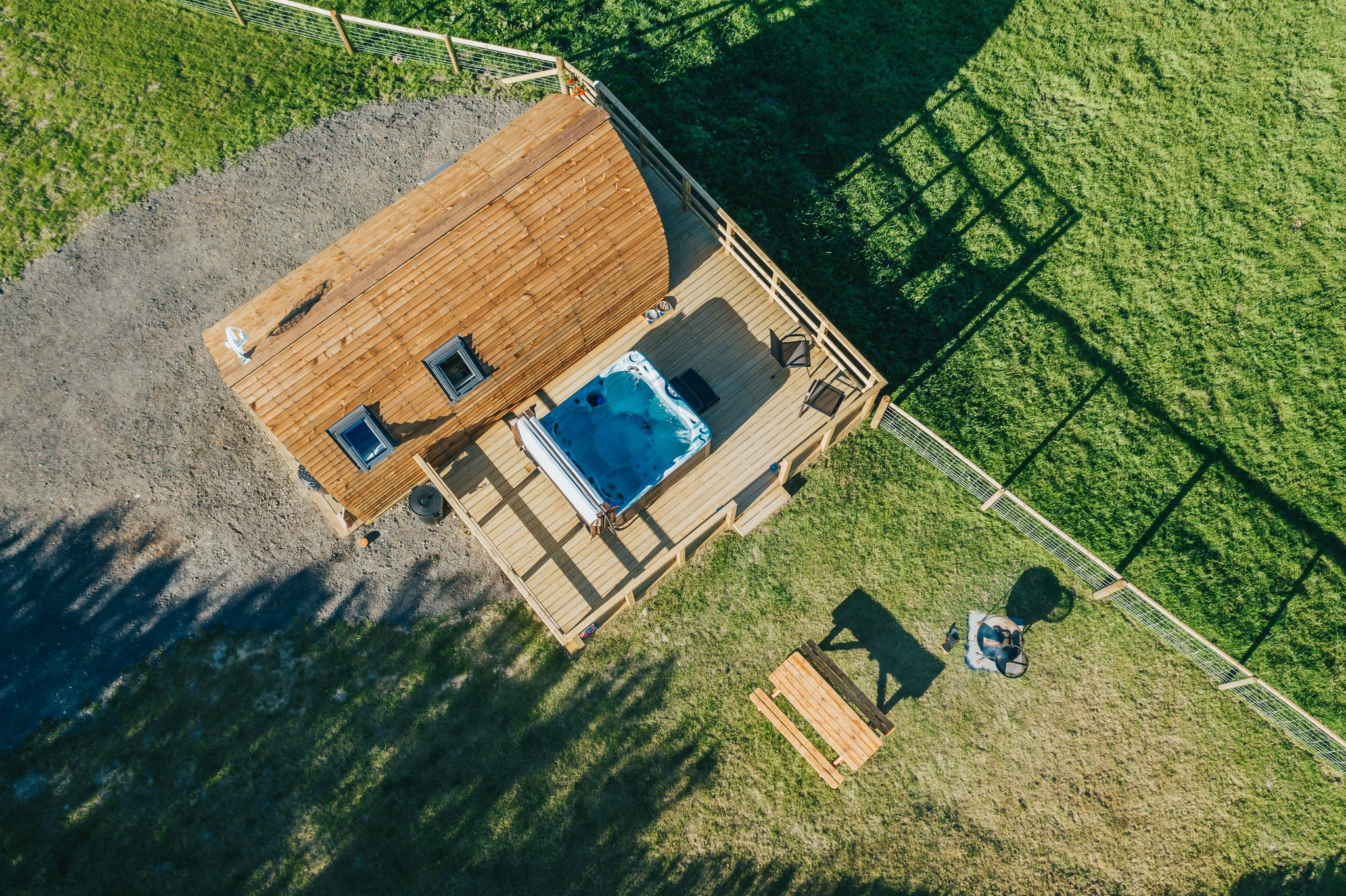
The Glamping Business Setup Guide
- The 12 Steps -
Planning Permission
How do I get planning permission for a glamping site?
In almost every case, setting up a glamping site will require planning permission. As you are most likely looking at this venture to be a fully operating site and to generate income, your glamping units will be available for more than 28 days a year and therefore will require full planning approval.
Until recently most budding glampsite owners would submit a full application direct to the local planning office. Nowadays it is more common to submit a pre-application which, as the name suggests, is an application designed to assess the viability of such a scheme and to understand early on any potential objections or conditions, without the heavy cost and lengthy process of a full application.
Before considering any planning application, certain documents are required and will need to be submitted along with your application and so it is vital to ensure you have these in place. These include such things as: Proposed layout drawings, location plans, technical drawings and a Design & Access Statement, which is essentially a report detailing your aims and objectives, layout of the site and build phases.
You will also need to include in your planning permission an application for change of use from agricultural to commercial use (if the area is currently farmland) and a letter of permission from the owner of the land if you do not already own it.
Glamping site planning permissions in your area
The location and setting of your site is the main factor in how smoothly the planning application for your glamping site goes. More rural areas and working farm diversification are often supported by councils due to encouraging sustainability and economic growth in these areas.
If you seek planning permission for a site in an Area of Outstanding Natural Beauty (AONB), Site of Special Scientific Interest (SSSI), a Dark Sky Park or nature or heritage site then conservation regulations can make things harder. In these circumstances, you might be required to provide additional reports for environmental impact, habitat or flood surveys among many more. Should you also live in an area of known archaeological history, then specialist archaeological and heritage assessments may also be required.
It is always useful to include reports from industry experts, as well as letters of support from the local community to add more depth and weight to your planning application.
Wigwam® Holidays can support you through the planning process
There is a lot to consider. Wigwam® Holidays has a team of planning experts to help guide you or to fully manage the planning application process, as it can often be time consuming and daunting.
You will be tapping into our decades of experience and expertise. We can walk with you through the whole process, identify potential hurdles ahead of the game and supply drawings, schematics and full material specifications to support your planning application.
FAQs
-
Planning is often the biggest challenge our new franchise partners face when they start to develop their site.
For some people, it is very straightforward and for others, it can be a major challenge.
We work with a team of architects throughout the UK that have had continued success in gaining planning permission for our network of sites.
However, initially we would recommend a quick phone call to your local planning department to ascertain what is permissible - their response can then help guide your planning strategy.
Also, talk to your neighbours and tell them what you are planning so that you can proactively overcome any unfounded objections.
-
We do have sites in National Parks, Areas of Outstanding National Beauty (AONB), Site of Special Scientific Interest (SSSI), or near Historical Landmarks - whilst harder to win, planning can be achieved in sensitive locations through the production of a detailed, well thought out Planning Application.
Furthermore, letters of support from local businesses, environmental groups, and local figures of authority can help sway Planners' decisions in your favour.

